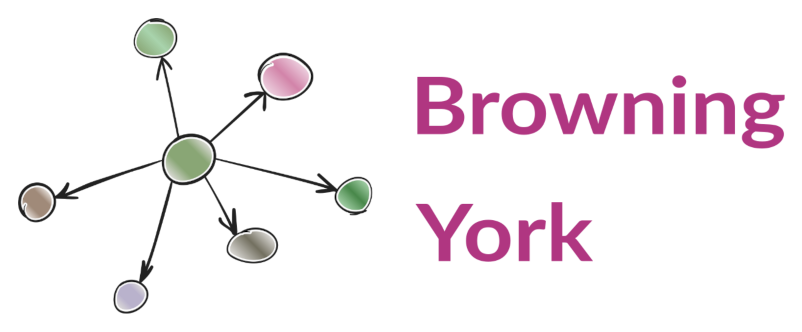A while back, I posted a question on LinkedIn, asking how others would put the case for communication if they only had one sentence to do it. There were lots of great responses – it obviously sparked people’s interest. I guess I was asking people to give me a really short version of their ‘elevator speech’ – where you tell the person next to you in the lift what you do and why in the time it takes to get to the floor of the building where they are going to get out. I was looking for the version you would use with the person who commits the corporate sin of taking the lift up just one floor!
This was an interesting way to find out how people choose to make their point. For some, it was important to emphasise what would go wrong if the organisation in question didn’t communicate effectively with its people – ‘If you don’t want to increase productivity, foster morale, build loyalty etc etc, don’t bother with internal comms’. To me, this would just leave a negative impression of communication. And I don’t want to do that. I believe passionately that effective communication is a force for good in any organisation and I want to transmit that passion and enthusiasm to others. Surely that’s the point of making a case in the first place?
Other people took the tack of showing the positive impact of getting it right – ‘studies show that organisations who have successful internal communication programmes have increased productivity, higher morale and more loyal employees’. That’s more like what I’m looking for! A positive affirmation of the benefits of communicating well with your staff.
And yet, the ones I like best are the really simple ones – not just one sentence, but a simple, straight-forward, easy-to-understand sentence. ‘Effective communication is the best way to ensure you’re all rowing in the same direction’. This sentence makes it really obvious to me that I need to make sure everyone in my organisation knows where I want us to go, why and why it matters to them and their job. Why wouldn’t I take the opportunity to do this?
I guess my point here is that, as with every other aspect of communication, you need to tailor your one sentence, your elevator speech, to your audience. If the person you’re speaking to is the CEO of a big corporate organisation with a very formal style, you’ll need to put your case in formal, corporate language – she’s not interested in hearing about a fluffy rowing expedition that you’re all going on, she wants to know how it will affect her bottom line, so go with the productivity angle. But if you’re talking to the CEO of a creative company who are always looking for innovation, tailor your case to show how communication can support that innovation.
And my one sentence? Well, it’s a toughie and I’d definitely adapt it to my audience, but I like ‘Effective internal communication means we all know where we’re going and why, and how we work together to get there’.
Until next time
Sarah
